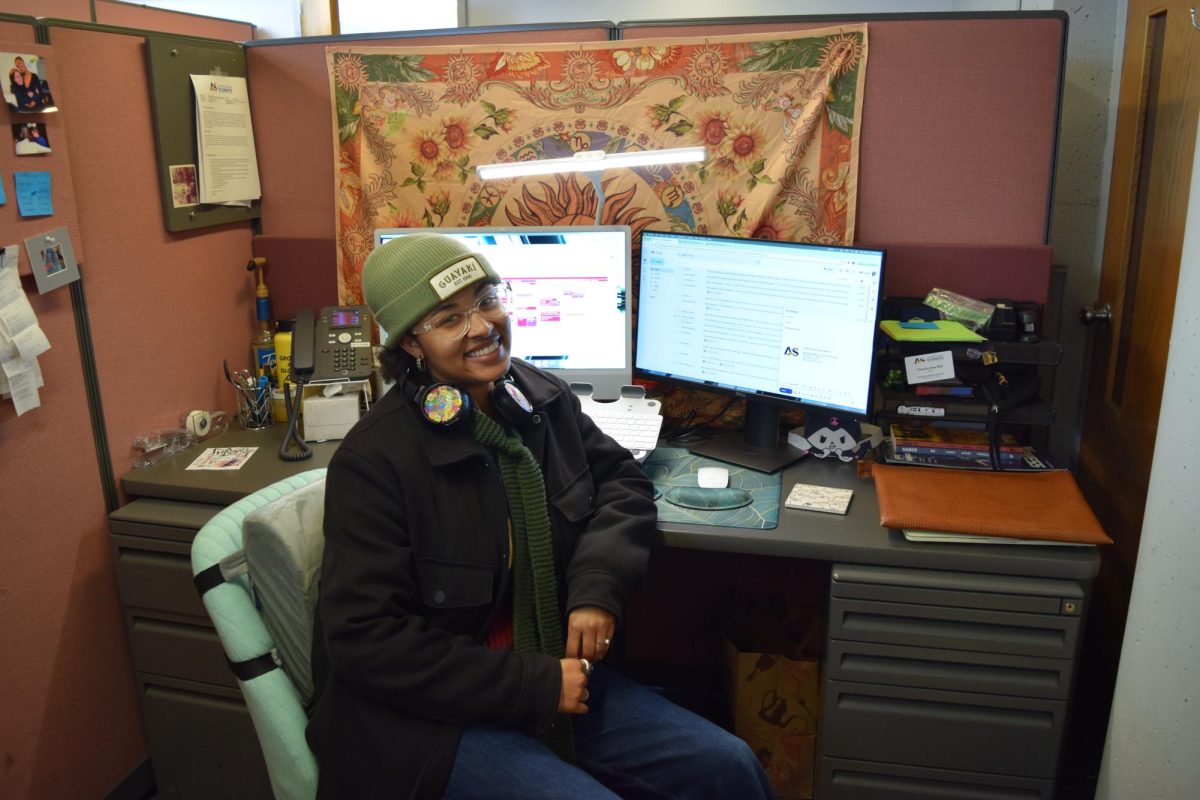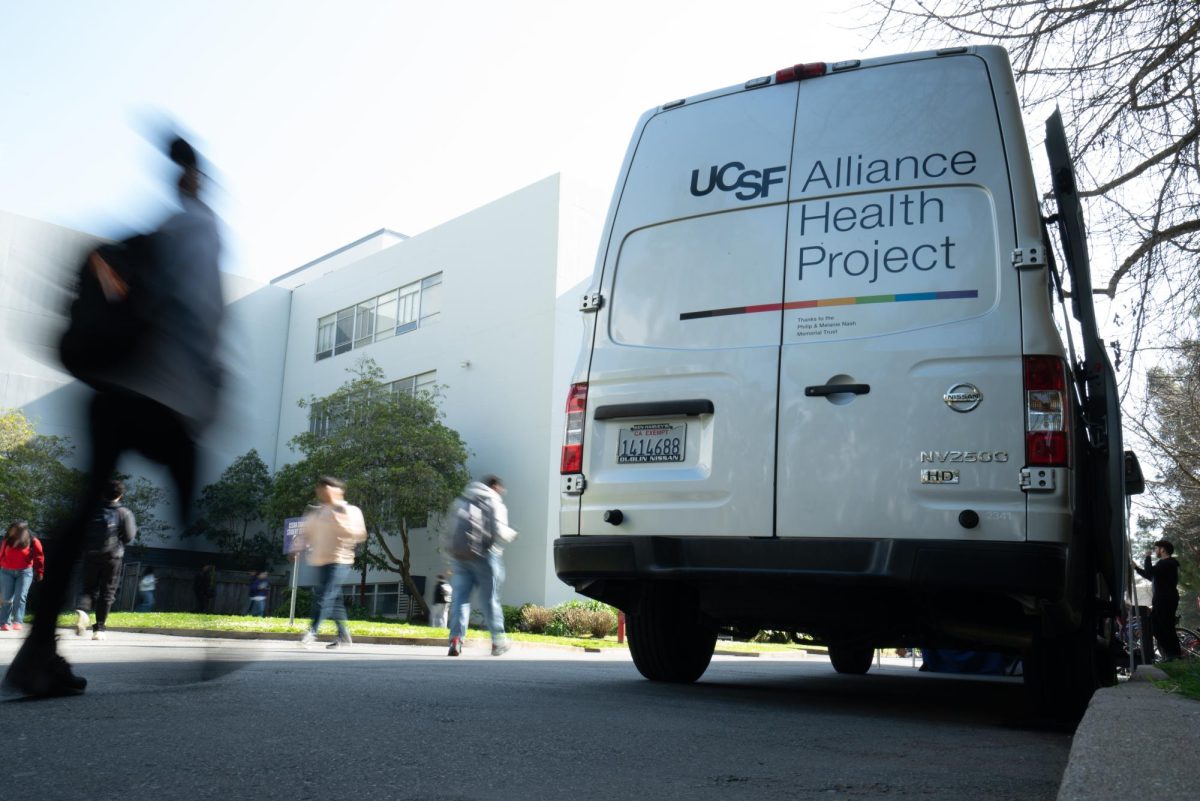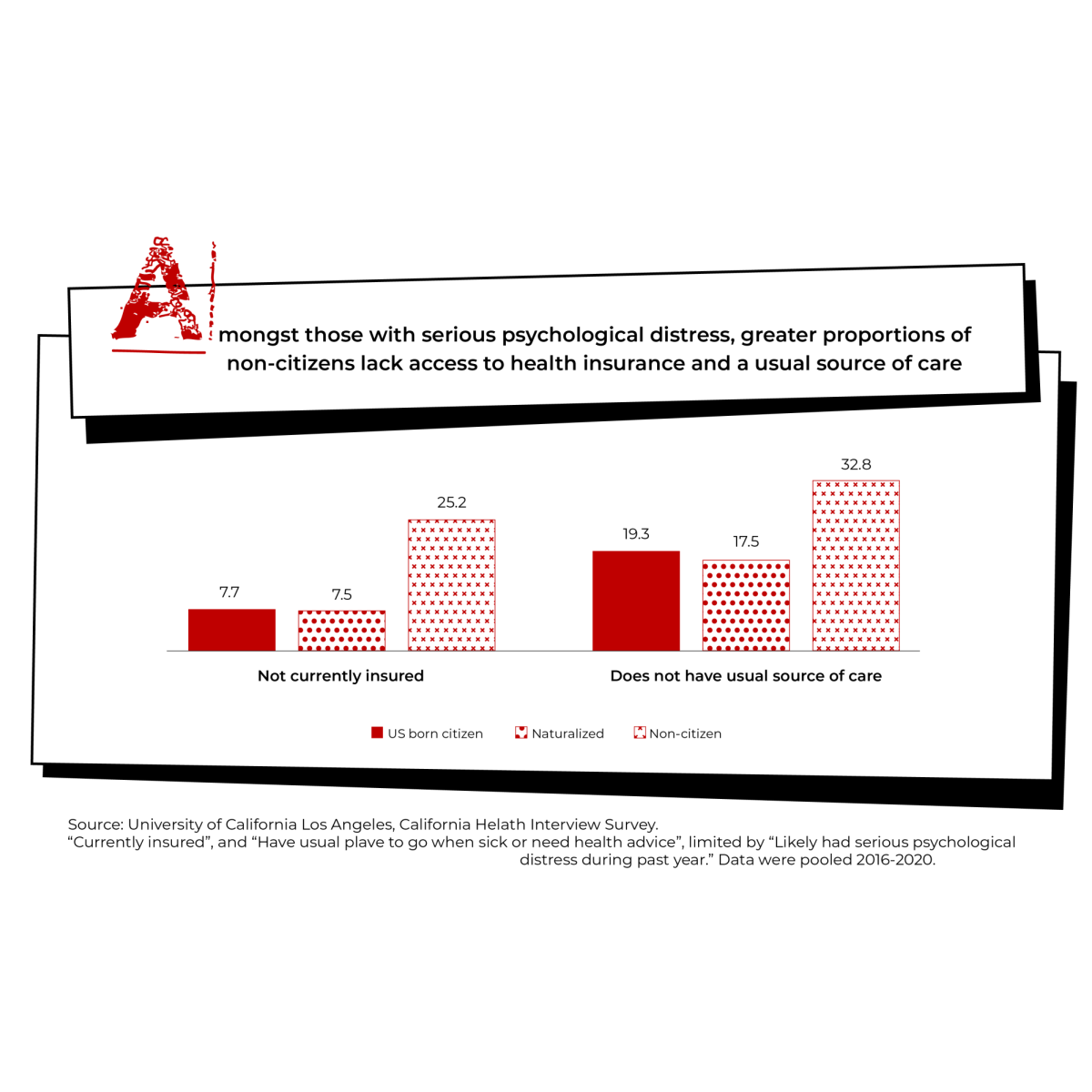By Jordan Lalata
On a brisk morning in November, children wearing backpacks almost equal in size to their small bodies clutched their parents hands as they entered Mount Davidson’s Miraloma Elementary School to attend morning circle before school began.
En route to the playground, the families walked down a staircase with a rainbow flag hanging from above, showcasing Miraloma as a gay friendly, inclusive school. In recent months, the school took an extra step to bolster that sense of inclusivity.
Sam Bass, the principal at Miraloma, said the families of three kindergarten students who identify along the gender spectrum, a wide range of gender variations, approached him last year over issues with bathroom usage. One of the students in particular had a difficult time choosing what bathroom to use because of the male and female labels.
“I was heartbroken that my student was struggling and not feeling safe to go to the bathroom,” Bass said. “I have 394 students. If one of them is not safe and comfortable then I am not doing my job.”
To remedy the situation, the school’s administration removed the girl and boy signage from bathroom doors in the kindergarten and first grade classrooms, making Miraloma the first elementary school in the San Francisco Unified School District to adopt gender-neutral bathrooms.
Gender-neutral bathrooms have not been accepted by all, however, Privacy For All, a coalition of parents, students, nonprofits and faith groups with a main office in Sacramento, created an initiative in April 2015 to keep bathrooms in California with their conventional labels.
The initiative, called the Personal Privacy Protection Act, proposes that people use a bathroom based on their assigned sex given at birth in all government buildings.
People who identify with a gender they were not assigned at birth would have to use the bathroom that corresponds with their assigned sex if the initiative receives voter approval. Sponsors of the bill have until Dec. 21 to gather 365,880 signatures to qualify for the 2016 ballot.
Kevin Snider, attorney for Privacy For All and chief counsel of legal defense organization Pacific Justice Institute, said he drafted the initiative to bring back the right of privacy in the most intimate of settings such as restrooms, dressing rooms and showering facilities.
Snider and other proponents of the measure say that California laws protect citizens’ privacy, and gender unspecific bathrooms leave the door open for a violation of that privacy.
“Most women, regardless of their claimed ideology, sense a feeling of alarm if a man follows them into the restroom,” Snider said. “It is difficult to imagine a more vulnerable position to be in than sitting on a toilet, with underwear to one’s ankles, when an intruder bursts through the stall’s door.”
Opponents of the measure say it violates the state Constitution protecting civil rights.
Jill Marcellus, communications senior manager at civil rights organization Transgender Law Center, said the initiative does not consider transgender men and women to be their preferred sex. The center is keeping an eye on the initiative and is ready to take action if it qualifies for the ballot.
The initiative suggests a person to be a male or female based solely on biological sex. But if a person has undergone sex reassignment, their preferred gender will be considered the opposite of what they are assigned at birth.
“It would force transgender people to answer to strangers about medical questions they have no right to be asking, which is a huge violation of privacy,” Marcellus said. “It would also force the very thing they are trying to prevent by forcing, for example, a transgender man to use the women’s restroom.”
According to Gender Spectrum, a San Leandro nonprofit that provides education about gender and inclusivity, Western culture generally views gender as a binary concept of male or female, however, it is more complex than that.
Sex and gender are not interchangeable. Biology identifies males and females based on their body parts, chromosomes and hormones. Children are assigned a sex based on those features at birth, but that way of defining gender does not encompass those who express and identify opposite of their assigned sex.
People externally communicate their gender with their appearance – such as clothing and hairstyle – and identity is one’s innermost concept of gender, according to Gender Spectrum. People might identify themselves as a male, female, neither, or other, regardless of their biological attributes.
SFUSD has supported students in the gender spectrum to access facilities, specifically restrooms. In 2003 Board Regulation R5163a was passed, that grants students access to the restroom that corresponds to the gender they identify with at school.
“SFUSD has had policies and procedures in place for nearly 13 years addressing gender fluid, transgender, or gender expansive students,” said Kevin Gogin, director of Safety and Wellness at SFUSD. “We continue to create safer more inclusive schools by working with students on the gender spectrum, along with their parents/guardians, and providing professional development and educational resources to school faculty.”




![[From left to right] Joseph Escobedo, Mariana Del Toro, Oliver Elias Tinoco and Rogelio Cruz, Latinx Queer Club officers, introduce themselves to members in the meeting room on the second floor of the Cesar Chavez Student Center.](https://xpressmagazine.org/wp-content/uploads/2024/03/mag_theirown_DH_014-1200x800.jpg)

